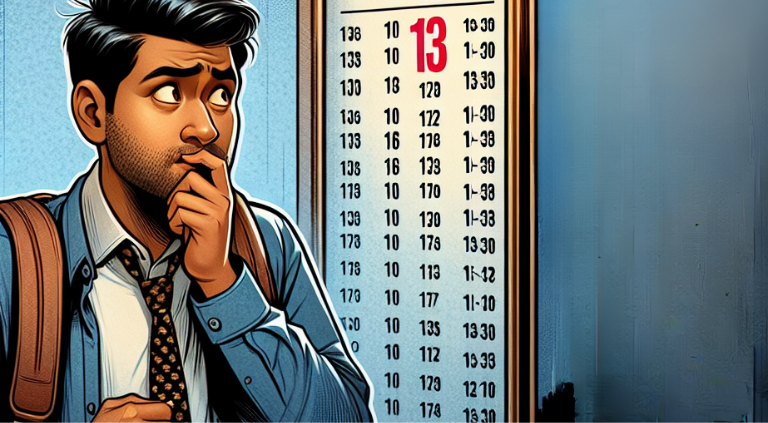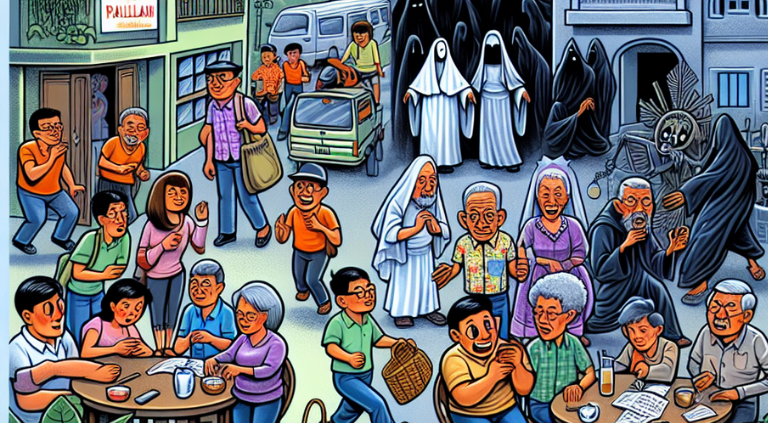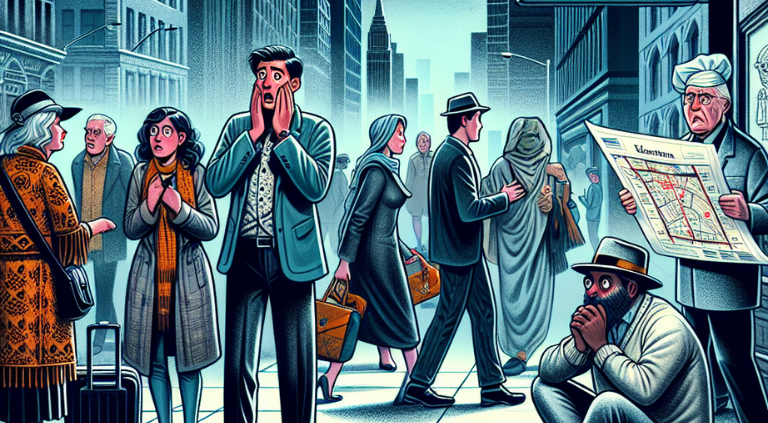Friday the 13th is a date that strikes fear and fascination in people across the globe. This day, widely regarded as unlucky, is steeped in myth, superstition, and cultural beliefs. From ancient history to modern times, the infamous day has been connected to bad luck, eerie happenings, and strange superstitions.

Exploring the Global and Local Beliefs Surrounding Friday the 13th
But what is the real story behind Friday the 13th, and how is it viewed in the Philippines and around the world?
The Origins of Friday the 13th
The fear of Friday the 13th, known as friggatriskaidekaphobia, dates back centuries. Its roots are deeply intertwined with Christian beliefs and Norse mythology. In Christianity, Friday has long been regarded as unlucky because it is believed that Jesus was crucified on a Friday. Additionally, the number 13 carries an ominous reputation due to Judas Iscariot being the 13th guest at the Last Supper, leading to Jesus' betrayal.
Norse mythology adds to the superstition. According to legend, 12 gods were having a dinner party in Valhalla when Loki, the trickster god, appeared as the 13th guest, causing chaos and leading to the death of Balder, the god of light and joy. This event is considered to have brought misfortune upon the world, solidifying 13 as an unlucky number.

Friday the 13th in the Philippines
In the Philippines, Friday the 13th holds a unique place in the cultural fabric, blending Catholic beliefs with local folklore. Many Filipinos view the day with caution, avoiding significant activities like weddings, travel, or big financial decisions. A common superstition is that accidents or unfortunate events are more likely to occur on this day. Some even avoid leaving their homes altogether, believing that staying indoors will protect them from bad luck.
Older generations, particularly those living in rural areas, often associate Friday the 13th with malevolent spirits. They believe these spirits roam more freely, which can lead to strange occurrences. Although the younger generation may treat these beliefs with skepticism, many still inherit this cautious attitude from their elders.
Global Beliefs About Friday the 13th
Friday the 13th's reputation as an unlucky day is not limited to Western cultures. Across the globe, various traditions and superstitions surround this infamous day:
United States and Europe: In the U.S. and most of Europe, Friday the 13th is synonymous with bad luck. The fear manifests in various ways, from travelers avoiding flights to hotels skipping the 13th floor in building designs.
Greece and Spain: In Greek and Spanish culture, Tuesday the 13th is considered the unlucky day rather than Friday. This belief traces back to the fall of Constantinople on a Tuesday.
Italy: Interestingly, Italians consider Friday the 17th as unlucky rather than the 13th. The number 17, when rearranged in Roman numerals (XVII to VIXI), symbolizes death in Latin, adding to its ominous meaning.

Modern Perspectives on Friday the 13th
While many people today dismiss the superstitions surrounding Friday the 13th as outdated, the day continues to influence pop culture and media. Movies, books, and even urban legends keep the myth alive. The Friday the 13th horror film series, which began in 1980, is perhaps the most iconic cultural representation of the superstition, reinforcing the idea that the day is synonymous with terror.
Despite modern skepticism, the day still holds psychological power. Some studies suggest that people's fear of Friday the 13th may subconsciously cause them to make more mistakes or encounter misfortune, giving credence to the idea that belief itself plays a significant role in the day's perceived "bad luck."
ALSO READ: Mythical creatures and supernatural beings from Filipino folklore
Whether viewed with deep superstition or as a fun cultural phenomenon, Friday the 13th remains an intriguing day steeped in history and mystery. From ancient religious beliefs to modern-day traditions, the date continues to captivate people across the world. In the Philippines and beyond, the myths surrounding Friday the 13th remind us of the lasting influence of folklore and belief systems on our daily lives.

No comments:
Post a Comment